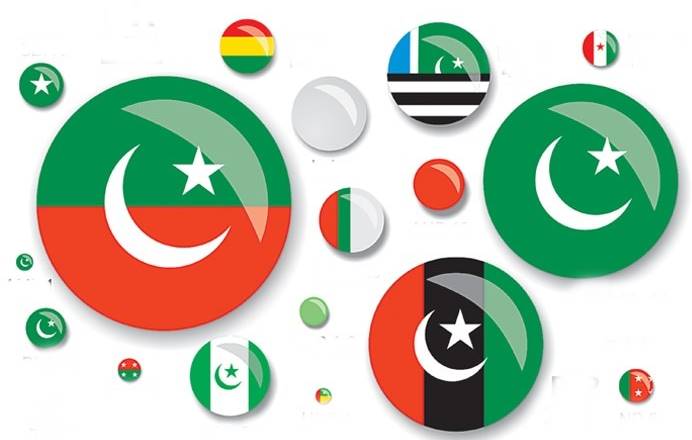Supreme Court of Pakistan ruled in favor of Imran Khan’s Pakistan Tehreek-e-Insaf, allowing it to get reserved seats in national and provincial assemblies despite earlier electoral symbol restrictions.
This decision overturned previous Election Commission ruling and recognized party’s right to participate fully in general polls. PTI still secured the most seats in the National Assembly after fresh ruling.
The court lamented ECP’s statements on the matter, stressing the importance of impartiality in electoral processes.
Party Positions in National Assembly
| Party | Seats |
|---|---|
| Government Alliance | |
| PML-N | 108 |
| PPP | 68 |
| MQM | 22 |
| PML | 5 |
| IPP | 4 |
| PMLZ | 1 |
| BAP | 1 |
| NP | 1 |
| Total | 210 |
| Opposition alliance | |
| SIC | 84 |
| Independent (PTI) | 8 |
| JUI-P | 8 |
| BNP | 1 |
| MWM | 1 |
| PKMAP | 1 |
| Total | 103 |
If Imran Khan’s party integrates its 84 members from Sunni ittehad Council, along with 8 independents and secures 22 reserved seats, their total would rise to 114 seats.
This would position PTI as the leading party in the house, surpassing the current governing alliance’s total. Achieving two-thirds majority in the National Assembly requires 224 seats, and it would then be feasible for PTI, significantly altering the political landscape.
Timeline of SIC Reserved Seats Case ending on Supreme Court’s landmark verdict










